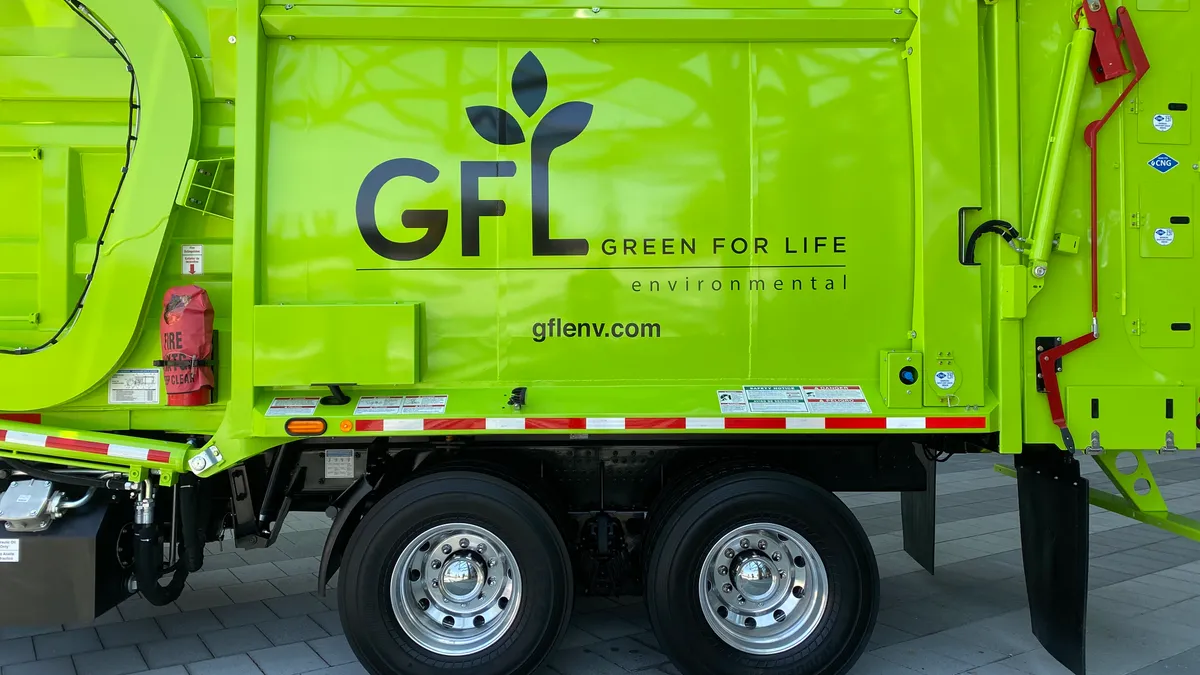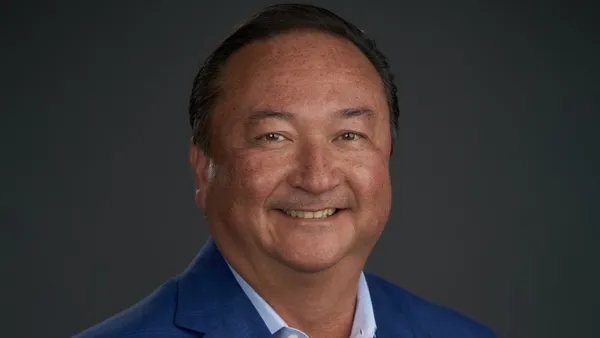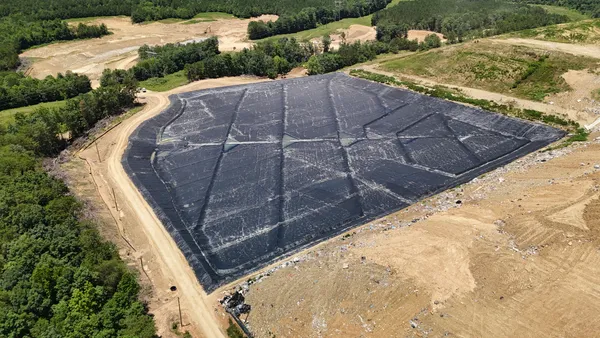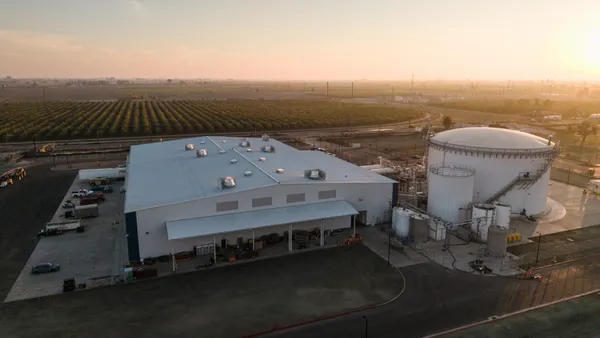Dive Brief:
- Republic Services is the pending buyer of GFL Environmental’s divestiture package in Colorado, according to sources with connections to the local market. The package is also expected to include minor assets in New Mexico.
- GFL’s assets span multiple parts of the state — including the Denver and Colorado Springs markets — following the Canadian company’s prior acquisitions of Waste Industries, WCA Waste and local haulers. Highlights include two landfills, multiple transfer stations, recycling facilities and collection assets.
- Republic and GFL declined to comment. During a recent earnings call, GFL said it expects to receive $1.6 billion (Canadian) in gross proceeds from the sale of three separate asset packages that are worth up to $450 million in annualized revenue. At the time, GFL said it expected all sales to close by the end of Q3.
Dive Insight:
GFL expanded rapidly after entering the U.S. in 2016 and going public in 2020. Now the company is looking to reduce its debt leverage ratio by exiting markets where it doesn’t see a clear path to expand. This deal also offers Republic a unique opportunity to pick up key assets in a market where it has been growing.
During a May 1 session at WasteExpo’s investor summit, GFL CEO Patrick Dovigi said the three markets it identified for divesting are all constrained in terms of disposal capacity or other forms of competition. One was Nashville, Tennessee, where GFL recently sold its assets to WM for an undisclosed price; the second was the mid-Atlantic region, where the sale of its Pennsylvania, Maryland and Delaware assets to Casella Waste Systems for $525 million is pending.
A purchase price or asset list has not been disclosed for the Colorado-based package, which has been discussed generally on multiple earnings calls, but prior reports from financial analysts estimate it may be the biggest of the three.
During the summit, Dovigi said that while Colorado is a “great market,” it’s also dominated by the industry’s largest players — WM, Republic and Waste Connections — so acquisitions were “historically very expensive” because each company has similar synergies. Like GFL, these companies are also vertically integrated with disposal assets in the state.
The assets under consideration are also the westernmost part of GFL’s U.S. solid waste portfolio and seen as somewhat removed from its core focus. CFO Luke Pelosi noted during the summit that the operation is managed out of GFL’s Houston office.
GFL’s Colorado assets come from numerous prior acquisitions. In 2018, the company acquired North Carolina-based Waste Industries — which had acquired Colorado’s Alpine Waste & Recycling earlier that year — and gained Denver-area operations including the East Regional Landfill, hauling assets, and a MRF and transfer station in the city. According to U.S. EPA data, the landfill is projected to have capacity until at least 2035. The Alpine MRF has seen multiple upgrades over the years and was an early adopter of robotic sorting technology.
GFL also acquired Colorado Springs-based Bestway Disposal in 2019, as well as Texas-based WCA in 2020. WCA’s local assets included the Bondad Landfill in southern Colorado — which EPA estimates could have capacity until at least 2029 — and a nearby hauling operation in northern New Mexico, among others. Along the way, GFL also purchased Colorado haulers such as Tri-Lakes Disposal and Howard’s Disposal, the latter in a deal that closed earlier this year.
Republic has also been busy in the Colorado market, acquiring companies such as Gallegos Sanitation, Monument Waste Services and Rocky Mountain Sanitation in recent years. This activity, along with recent deals by Waste Connections, has left markets such as Colorado Springs with few or no locally-owned haulers.
GFL’s assets would offer a notable expansion for Republic’s Colorado footprint, which already includes multiple landfills and other operations. Given the size of the two parties involved, and existing consolidation in the market, the U.S. Department of Justice can be expected to conduct a standard antitrust review. The agency traditionally focuses on post-collection assets and commercial routes.
During the investor summit, speaking generally, Republic’s Chief Development Officer Brian Bales said the company spends ample time researching any potential antitrust factors before finalizing deal terms and is well-prepared for DOJ engagement.
"From the seller side, because we do all that work upfront, we have a very robust perspective when we come to an agreement on a transaction, and it increases the certainty” of a deal closing, said Bales. "We're in there quite a bit, and they know us,” he said, in reference to the agency.
The DOJ did not respond to a request for comment. Republic’s most recent experience with the agency requiring divestitures was its 2021 acquisition of Santek Waste Services.
Beyond this pending transaction, Republic has kept up an active pace of acquisitions into 2023 and foresees the potential for outsized spending in this year.
GFL has projected a quieter year for deals relative to its typical pace and remains focused on tuck-in opportunities across existing markets where post-collection assets may be underutilized. Following the completion of these divestitures — and earlier sales of U.S. assets to companies including LRS, Noble Environmental and WIN Waste Innovations — Dovigi said at WasteExpo “we’re done” with portfolio rationalization efforts.
Looking ahead, Dovigi said during the company’s Q1 call that he foresees acquisition opportunities for at least the next decade. At the summit, he said GFL has the capacity to integrate upward of 45 to 50 deals per year. Its pipeline of potential deals includes companies worth an estimated $10 billion (Canadian) in annualized revenue across the U.S. and Canada, he said, in areas where "by and large we'd be a top one or two buyer for the assets in those specific markets.”
Disclosure: WasteExpo is run by Informa, the owner of Waste Dive’s publisher, Industry Dive. Informa has no influence over Waste Dive’s coverage.















